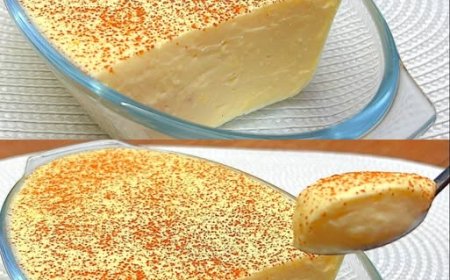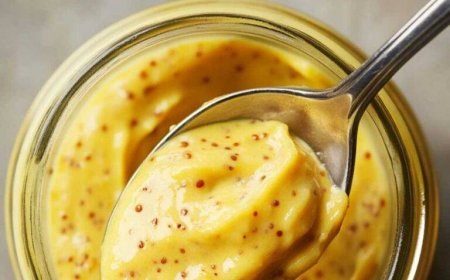Eat cloves every day, but avoid this common mistake
Cloves are one of those spices that sit quietly in the kitchen cabinet, often forgotten until the colder months arrive or a toothache strikes. Yet behind their small size lies one of the most potent natural ingredients used by humans for centuries. From ancient healers to modern herbal medicine, cloves have been valued for their remarkable ability to ease pain, reduce inflammation, support heart health, and protect the body from harmful microbes. Their main active compound, eugenol, is so effective that even today it is used in dental treatments and medical formulations.
1.
But like many powerful natural remedies, cloves must be handled with knowledge and care. When used correctly, they can offer impressive benefits that help the body fight chronic inflammation, soothe discomfort, and support overall wellness. When used incorrectly, however, they can lose their healing properties or, in some cases, even become harmful—especially to the liver. The difference between benefit and risk often lies in simple everyday habits, such as how cloves are consumed or stored.
Many people make mistakes without realizing it. Some misinterpret the natural numbing sensation as an allergic reaction, causing them to avoid a spice that could help them. Others store their cloves improperly, allowing their precious eugenol content to disappear long before the cloves ever reach their full potential. And still others rely solely on ground cloves without understanding how quickly they lose their strength.
Eat cloves every day, but avoid this common mistake!
Today, we’re going to talk about a common spice, clove, and how some mistakes can turn this helpful plant into something risky.
Clove has been around for ages, known for easing pain, helping your heart, and fighting swelling.
But if you don’t use it right, it can cause real problems, especially for your liver.
Knowing the correct ways to use it is super important to get all its good stuff without any bad surprises.
The First Mistake: Thinking Numbness is an Allergy
Lots of people think of cloves for toothaches. But the first big mistake happens when someone tries it for the first time.
They might chew a whole clove, like someone told them to. A few seconds later, their tongue feels numb.
They think, “Oh no, I’m having an allergic reaction!” So, they spit it out, rinse their mouth, and decide never to touch it again.
But here’s the thing: cloves have something called eugenol, which is their main active part.
This natural oil has a numbing effect. When it touches your mouth, it temporarily blocks pain signals.
It’s kind of like what dentists use in some numbing medicines.
So, that numb feeling is totally normal. It usually lasts about 15 to 30 minutes and only affects where the clove touched.
A real allergy to clove is very different; it would cause things like swollen lips or tongue, or hives.
The problem with this mistake is that many people throw away a spice that costs very little and miss out on one of nature’s best anti-swelling helpers. They might spend a lot of money on other things when
they could get similar benefits from something already in their kitchen.
The Second Mistake: Bad Storage
Before we get into more mistakes, let’s talk about how you store cloves. You could have the best cloves in the world, but if you store them wrong, it’s like having a car without wheels. A clove left out in the open air can lose half its eugenol in just three months. The main enemies of eugenol are light, heat, and moisture. Light breaks down the active parts, heat makes them disappear, and moisture dilutes them and can cause mold.
So, how do you keep this treasure safe? Store it in a dark glass jar or a ceramic container, and make sure it’s sealed tight. Keep it in a cool, dry cupboard, away from the stove or sink. A pantry is perfect. If you buy ground cloves, try to use them within six Tap the p.hoto to v.iew the full r.ecipe.



























